From a young age we are all advised on the importance of good oral hygiene and how using a toothbrush regularly helps to remove plaque and bacteria which if left can lead to gum disease and tooth decay. However, over the past few years the number of toothbrushes available has increased dramatically and it is very easy to become overwhelmed by the vast array now available in the supermarkets and pharmacies. So which toothbrush is best?
In this month’s blog, we will look at some key characteristics you should consider when buying a toothbrush.
- Size
It is best to choose a toothbrush with a small head as this will enable you to reach all areas of your mouth and clean hard to reach areas such as the sides and backs of your molars. The toothbrush should have a long enough handle so you can comfortably hold it in your hand.
- Bristle Variety
A toothbrush with soft to medium bristles will provide the most comfortable clean. If you pick a brush with hard bristles it is very easy to cause damage to your teeth and gums by over brushing. In the long term, this could lead to toothbrush abrasion, where the enamel on the teeth is worn away and once the enamel is worn away it cannot be replaced.
- Effectiveness
There have been numerous studies which have looked at the effectiveness of electric Vs manual toothbrushes and none have found that either is significantly better. Whether you use an electric or manual toothbrush does not matter the key is tha you brush your teeth at least twice a day using an effective brushing technique to remove plaque.
- Usability
The most important factor when choosing a toothbrush is whether you are going to use it and use it well. Some people prefer the clean from a manual toothbrush, others feel that an electric toothbrush cleans better. If you are comfortable and enjoy using your toothbrush you are more likely to use it for the recommended length of time
No matter what type of toothbrush you choose you should ensure that you change it every three months or sooner if the bristles become worn or splayed to ensure that you are cleaning effectively.
Remember for every brush there is a season
If you are still unsure do not hesitate to ask the dentist or hygienist when you next attend for an appointment and they will be able to advise you on the best toothbrush to meet your needs. Call Maidstone Dental & Implant Centre on 01622 682029 to book an appointment today.



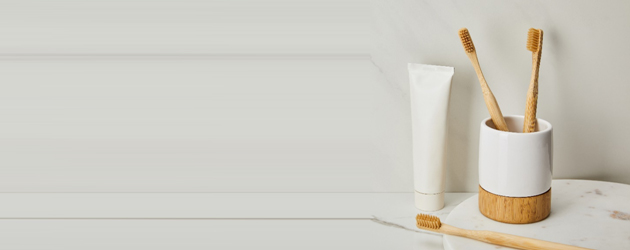
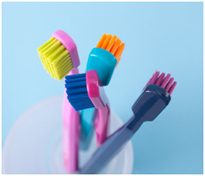
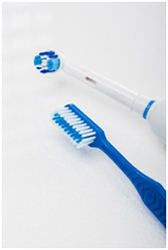
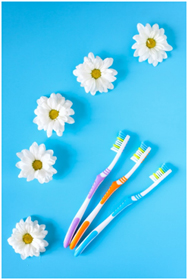

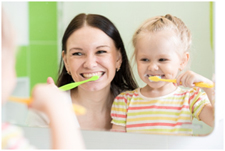
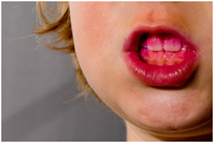
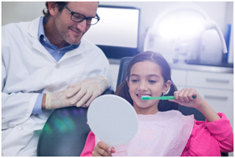

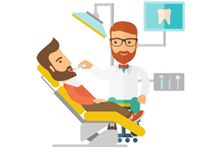 practice that can address not just your oral problems but also your anxiety.
practice that can address not just your oral problems but also your anxiety.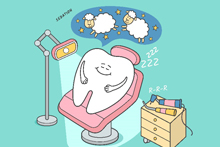 If you suffer from severe dental anxiety,
If you suffer from severe dental anxiety, 
 a love of all things citrus? The high acidity in these foods will wear away the tooth enamel over time. Dental erosion is the loss of enamel and dentine as a direct result of the acid contained within what we eat and drink.
a love of all things citrus? The high acidity in these foods will wear away the tooth enamel over time. Dental erosion is the loss of enamel and dentine as a direct result of the acid contained within what we eat and drink. 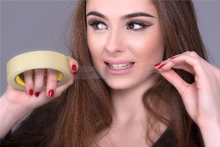 4.Using teeth as tools
4.Using teeth as tools 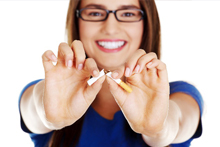 disease
disease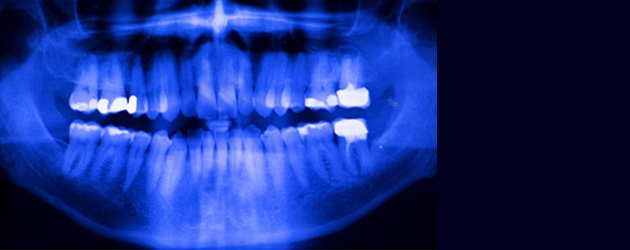
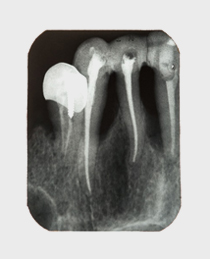 Types of X-rays
Types of X-rays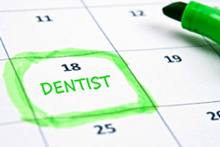 Frequency of X-rays
Frequency of X-rays Pregnancy
Pregnancy
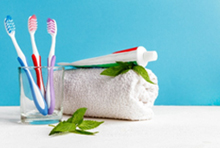 2.Change your toothbrush regularly
2.Change your toothbrush regularly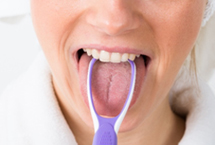 4.Don’t forget your tongue
4.Don’t forget your tongue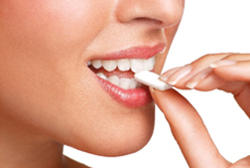 6.Chew sugar free chewing gum
6.Chew sugar free chewing gum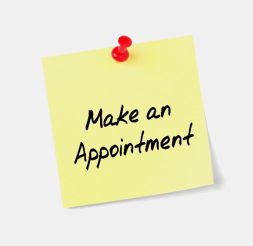 9.Visit the dentist for regularly appointments
9.Visit the dentist for regularly appointments





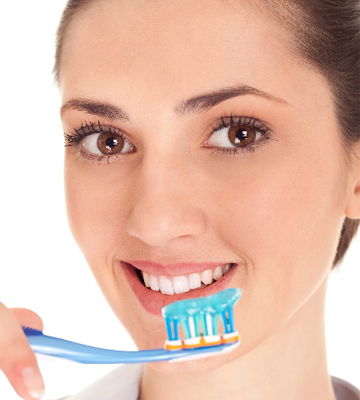
 The key rule to follow is that if a food or drink has the ability to stain your clothes or the tablecloth it also has the ability to stain your teeth. If you are a fan of red wine and black tea, or smoking cigarettes or cigars, expect the results to show up on your teeth. Other culprits to blame for dingy teeth include colas, gravies, and dark juices and berries.
The key rule to follow is that if a food or drink has the ability to stain your clothes or the tablecloth it also has the ability to stain your teeth. If you are a fan of red wine and black tea, or smoking cigarettes or cigars, expect the results to show up on your teeth. Other culprits to blame for dingy teeth include colas, gravies, and dark juices and berries.

